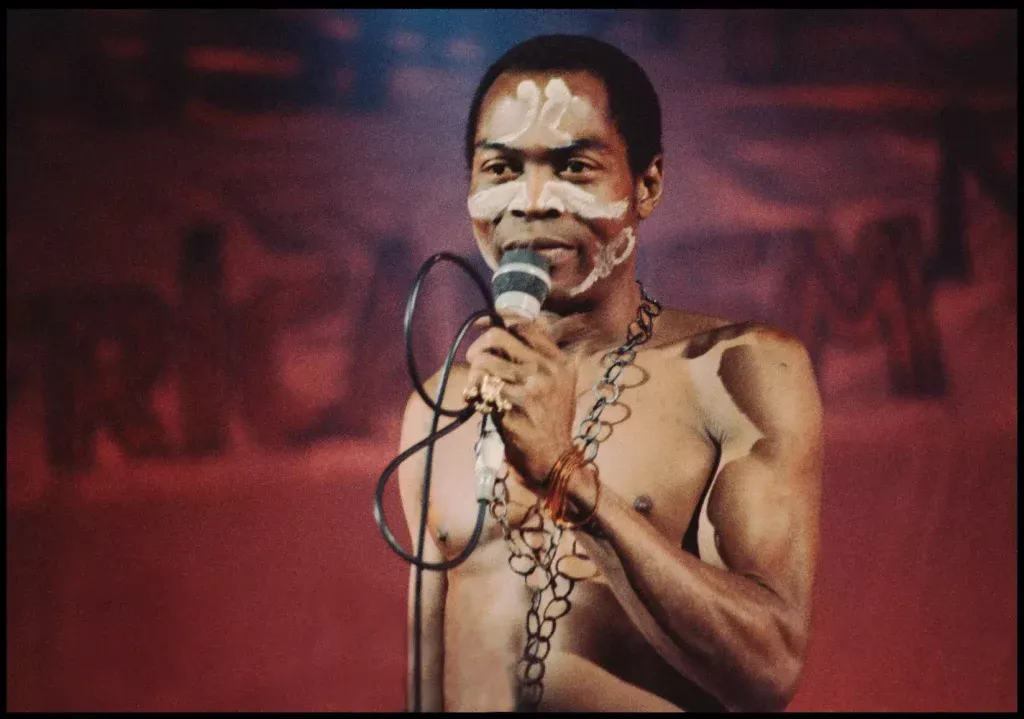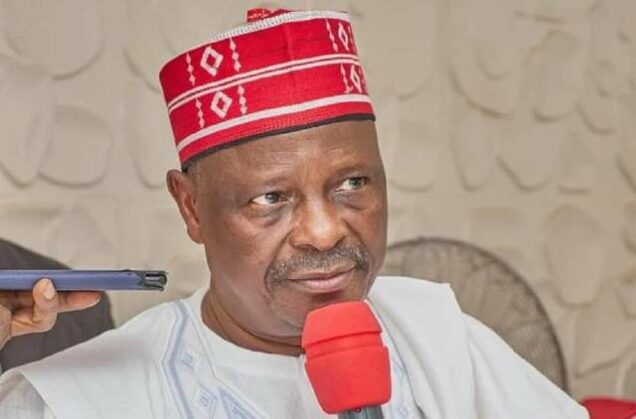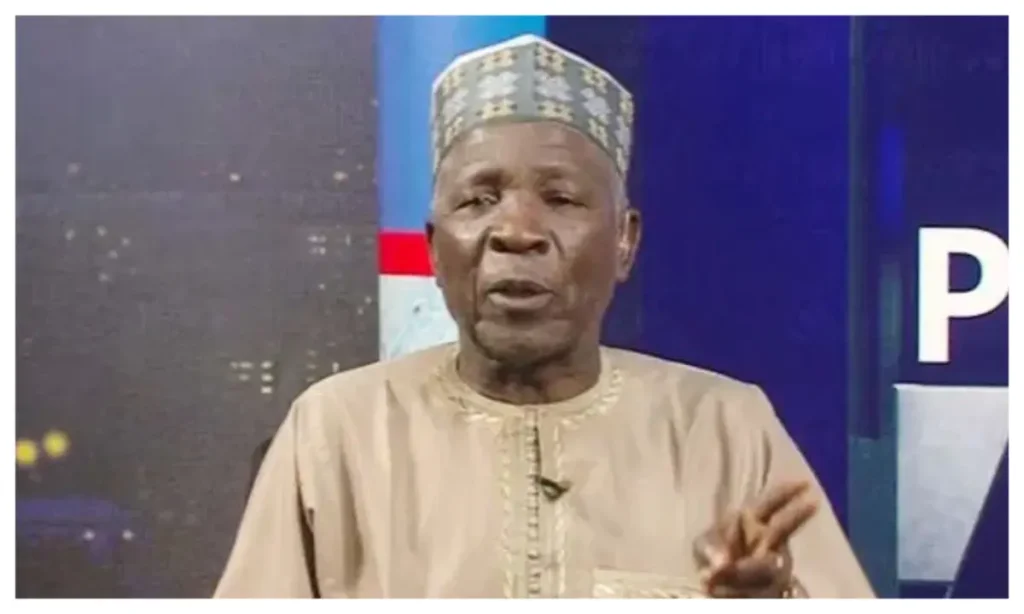With major political parties opening up their governorship tickets, the Edo Central region’s push for a zoned governorship position faces significant challenges. Initially aimed at producing the next governor from the Edo Central senatorial zone, the “Esan agenda” has encountered unexpected hurdles, as noted by ADEYINKA ADEDIPE.
Eight months ago, the prospect of the “Esan agenda” gaining traction and potentially securing the next governor of Edo State seemed promising. The proposal to allocate the governorship ticket to the Edo Central senatorial district garnered widespread support from leading political parties, buoyed by the advocacy of the Esan Okpa Initiative, a socio-cultural group.
The Edo Central zone’s limited access to power since the inception of the Fourth Republic in 1999 fueled the clamor for a fair and just distribution of political leadership. This call resonated with many, prompting numerous politicians from the Edo Central zone to vie for the governorship across different parties, seeking to leverage their candidacies against the backdrop of the zoning initiative.
Notably, the Public Relations Officer of Esan Okpa Initiative, Tony Iyare, emphasized the need for inter-senatorial collaboration to promote the Edo Central’s bid for the governorship. This concerted effort led to the establishment of a 24-member mobilization and contact committee, tasked with engaging leaders of major political parties, traditional rulers, and women, in pursuit of the zoning aspiration.
In a strategic move aimed at presenting the best candidates, the Edo Central region outlined criteria that aspirants must satisfy to gain substantial support in their quest to succeed Governor Godwin Obaseki at the end of his second term in 2024.
However, a dissenting voice emerged in the form of Gideon Ikhine, an advocate for an inclusive “Edo State agenda” rather than an exclusive “Esan agenda.” In a remarkable transition from the People’s Democratic Party (PDP) to the All Progressives Congress (APC), Ikhine advocated for a collaborative approach that transcends ethnic delineations, emphasizing the need for Edo South and Edo North to support a candidate from the central part of the state.
The recent decision by major political parties to open up their governorship tickets has sparked discord among various groups, with some individuals expressing disillusionment over the diminishing prospects of an Esan governor. The assertive stance of Edo South leaders, asserting the constitutional right of every zone to vie for the governorship, has drawn criticism from other quarters.
Addressing the issue, former APC national leader, Chief John Odigie-Oyegun, underscored the need to consider each senatorial zone’s aspiration, citing constitutional provisions that support a broad spectrum of candidates contesting for the governorship. He emphasized the imperative of embracing future-oriented perspectives and cautioned against clinging to past precedents, advocating for a realistic assessment of the unfolding political landscape.
Conversely, the Akoko-Edo/Owan Credible Alliance For Better Representation threw its weight behind the zoning of governorship tickets to Edo Central by all political parties, emphasizing the principles of equity, fairness, and social justice. The group articulated that such zoning would foster unity and cohesion across the Bini, Esan, and Afemai communities.
In response, Major General Cecil Esekhaigbe (retd), an APC chieftain in Edo Central Senatorial, stressed the necessity of unity and selflessness to propel the district’s quest for the governorship ticket within his party.
This captivating article delves into the unfolding dynamics surrounding the Edo Central region’s pursuit of the governorship. As political parties navigate the delicate balance between zoning imperatives and constitutional rights, the aspirations of different senatorial zones intersect, eliciting competing visions for the state’s future leadership. Will Edo Central’s quest for the governorship yield to a broader Edo State agenda, or will the zoning initiative prevail, reshaping the political landscape of Edo State? The unresolved tension between these competing narratives sets the stage for a riveting and decisive political moment in Nigeria’s political bastion.
Edo Central Senatorial Zone Pushes for Governance Equity in Edo State
The political landscape in Edo State, Nigeria, is currently pulsating with fervor as the build-up to the governorship election in 2024 gains momentum. The Edo Central senatorial zone has emerged as a focal point in the discourse, advocating for governance equity and a fair share of leadership representation in the state.
The tussle for political ascendancy has taken center stage within the zone, fueled by the aspirations of various candidates contending for the governorship ticket. Retired General Charles Airhiavbere, an aspirant hailing from the Edo Central senatorial zone, has raised concerns about concerted efforts to limit the number of aspirants. He has voiced his dissatisfaction, labeling the actions of some leaders as attempts to undermine the aspirations of Edo Central candidates.
Amidst the political maneuvering and jockeying for position, a group known as Esan Okpa has emphatically emphasized the need for all political parties to select their candidates from the Edo Central senatorial zone. The group contends that such a move would rectify the existing political imbalance in the state, ensuring justice, equity, fairness, and peace across all segments of the state.
The call for governance equity is underpinned by historical perspectives, with the group highlighting the paucity of Esan extraction in the governance annals of Edo State. The group laments the fact that despite the state’s creation 32 years ago, only one governor of Esan origin has held office for a brief period. In contrast, other senatorial zones have enjoyed more prolonged tenures in leadership positions.
Esan Okpa has magnified its appeal to political elites from Edo North and South senatorial zones, urging them to cede the governorship ticket to aspirants from Edo Central senatorial zone. Their plea is steeped in the quest for peace, equity, justice, and inclusive development across all areas of the state.
The group’s advocacy has reverberated with a resounding call for coherence and consensus-building among all political strands within Edo State. They stress the imperative of holding dialogue and negotiation to achieve a unified stance on governance equity.
The overarching message from Esan Okpa encapsulates the paradigm shift sought by the Edo Central senatorial zone – a shift from exclusionary winner-takes-all politics to inclusive and equitable political representation.
As the political space in Edo State continues to evolve, the push for governance equity in the state promises to reshape the narrative of political power distribution, serving as a litmus test for fairness and inclusivity in Nigeria’s political landscape.



